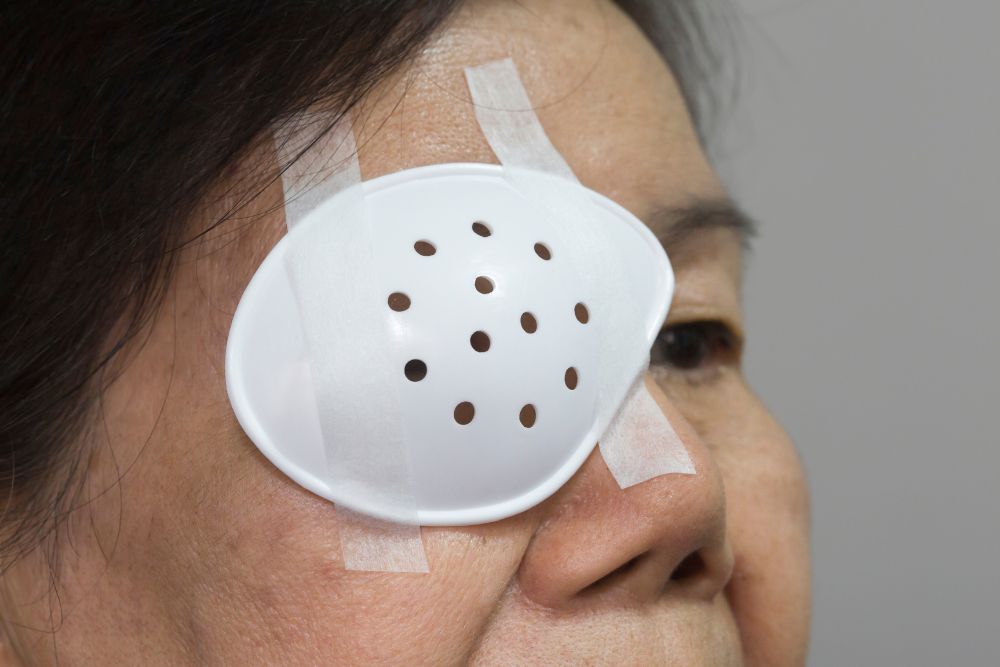Retinal Surgery Recovery: What to Expect and How to Prepare

Retinal surgery can be daunting at first. It's normal to feel apprehensive about your procedure, but it's essential to note that retina surgery is a common procedure that helps many people protect and preserve their vision. Understanding what to expect after surgery can help you navigate this process with greater confidence.
Common Retinal Surgeries
Vitrectomy and scleral buckle are two common retinal surgeries. During a vitrectomy, the vitreous gel, the clear, jelly-like gel that fills the eye, is removed and replaced with air, gas, a silicone solution, or a saline solution. By removing some or all of the vitreous gel, a retina specialist can better access and repair the retina.
A scleral buckle is a surgical procedure in which a retina specialist places a special band around an eye. This procedure can treat retinal detachments, as the band helps reposition the affected retina back in contact with the back wall of the eye. A vitrectomy is often performed in conjunction with scleral buckling.
Post-Op Guidelines After Retinal Surgery
After retinal surgery, it's normal to experience blurry vision and even a temporary increase in flashes and floaters. While recovery from surgery typically takes one to two weeks, it may take months or even years to achieve full vision improvement.
It's crucial to follow your retinal surgeon's directions regarding recovery after retinal surgery. Standard scleral buckle and vitrectomy recovery guidelines include:
- Administer antibiotics and mild steroid eye drops for three weeks.
- Maintain a downward head position, especially if you’ve undergone procedures for retinal detachment or macular holes.
- Avoid strenuous, high-impact physical activities for one week.
- Avoid air travel if a gas bubble develops in the eye.
- Do not drive until your surgeon gives the go-ahead.
Retinal Surgery Questions? Ask Away
No matter the procedure, every patient about to undergo surgery deserves to feel informed and secure. When it comes to retinal surgery, the stakes can feel especially high. Your retina specialist is not only there to perform the surgery but also to answer your questions and ensure you feel as comfortable as possible. They can guide you through each step of the surgery process, including how to prepare for the procedure, what to expect during the surgery, and retinal surgery recovery. No question is off limits when it comes to retinal surgery.
Schedule an Appointment with a Retina Specialist
Retinal surgery can help patients maximize their vision, but it’s essential to consult an experienced and trustworthy retina specialist. If you have vision concerns or questions about retinal surgery, The Retina Eye Center is the practice of choice in the Central Savannah River Area, serving patients in Aiken, South Carolina, and Augusta, Georgia. Contact us today to schedule an appointment.
